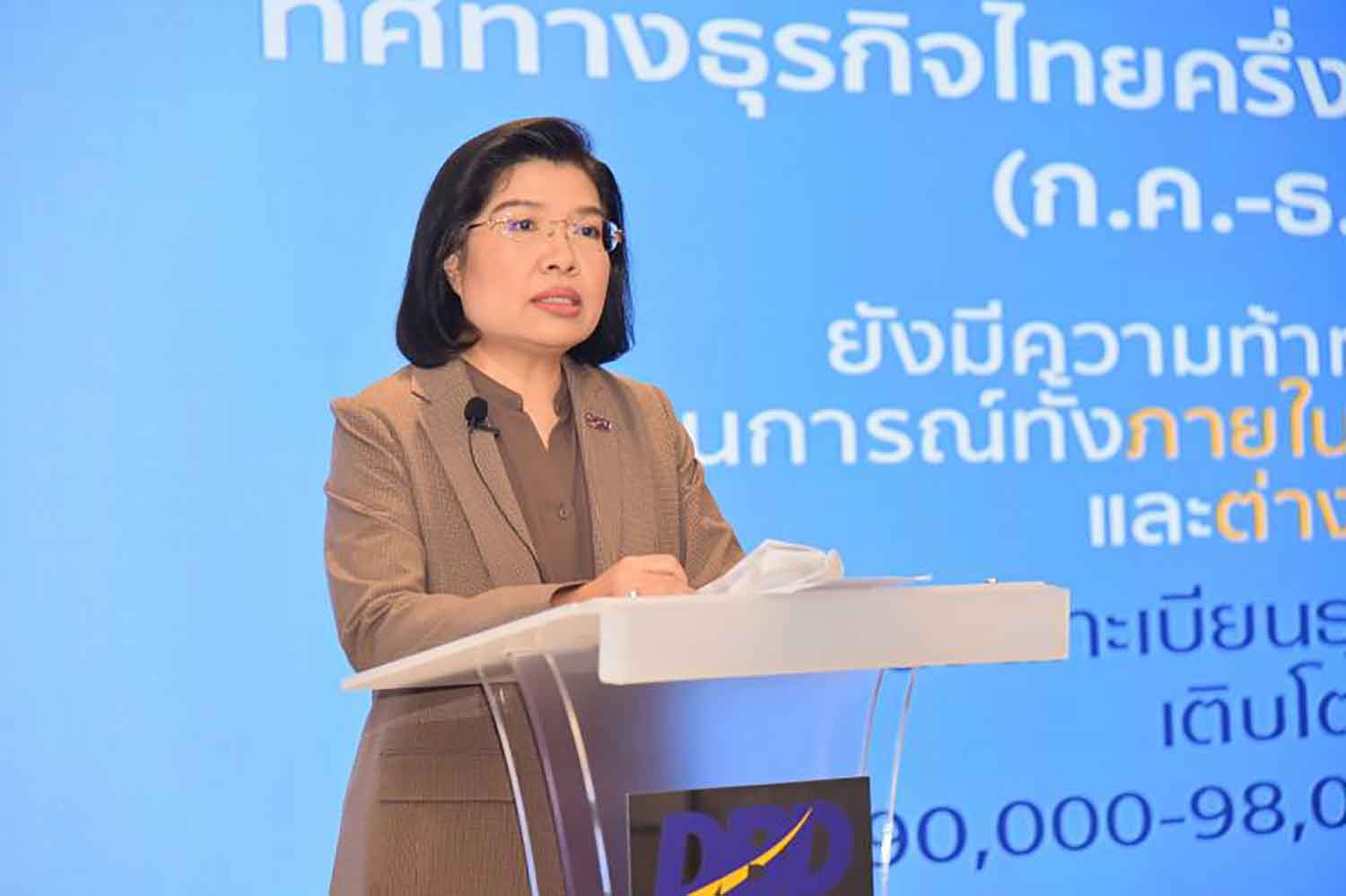The “Home for Thais” project, launched by the Thai government on January 17, 2025, has garnered significant interest, with approximately 270,000 people registering for the program. This initiative aims to provide affordable housing options for low-income individuals and recent graduates.
Registration Success
Impressive Turnout
Since its launch, the project’s website has received a staggering 75 million visits. Out of the 270,000 registrants, more than half (140,000) have successfully passed the preliminary screening for loans with the Government Housing Bank.
Popular Locations
High-Demand Areas
The most sought-after location for the housing project is on Vibhavadi Road in Bangkok. Other popular areas include Thon Buri in Bangkok, Muang district in Pathum Thani, and Muang district in Chiang Mai.
Project Details
Affordable Options
The initiative offers various housing options, including condominiums and single houses. For instance, the Bang Sue Km 11 project will feature 1,232 condominium units with prices starting at 1.76 million baht for 30 square meters.
Eligibility Criteria
Who Can Apply
To be eligible for the program, applicants must be Thai nationals of legal age, first-time homeowners, earn less than 50,000 baht per month, and not be blacklisted by the National Credit Bureau.
Future Plans
Expansion and Development
The government plans to utilize over 38,000 rai of unused land owned by the State Railway of Thailand for this housing program. The pilot project areas are expected to be handed over for development by the end of the year.
Selection Process
Ensuring Fairness
Due to the high number of eligible applicants, the Government Lottery Office will conduct a lottery draw for the first phase to ensure maximum transparency in the selection process.








